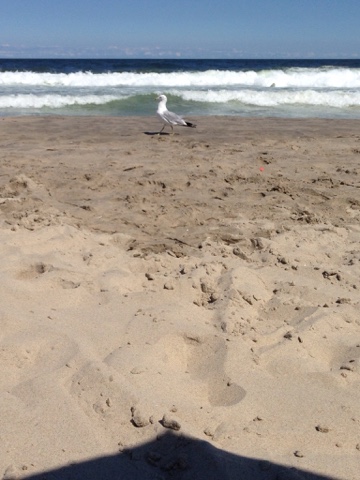Image from https://img0.etsystatic.com/034/2/5862974/il_fullxfull.657925498_qdg0.jpg.
I wrote about being a caregiver in my book Put That Knife Away-Alzheimer's, Marriage and My Transformation from Wife to Caregiver. I am pleased to report that more copies are now being purchased as the customers go to Amazon to find my second book which just got published. The new one is called The Key, the Turtle and the Bottle of Schnapps-In honor of my parents and grandparents who survived the Holocaust. It tells the story through my eyes as I remember what I heard as a child and what I validated for myself by traveling to Europe to discover the path they took for myself. Readers will see how the title's objects were very vivid to a child hearing these stories repeated as each new relative or friend came to our apartment to see my grandparents.
When I was a child, our milk was delivered every morning by an Alderney Dairy truck. The bottle you see here is like the ones we received. The milk was pasteurized, but not homogenized, so the cream rose to the top of the bottle. I remember the bottle now as I think about the Alzheimer's Association support group I first attended. We were from 6 to 18 people every two weeks. We came from various parts of the country. We were of all different ages, mostly women, but a few men as well, just as the milk in those days was collected from many different farmers from many different cows.
We poured out our stories to each other about the challenges, joys and tragedies we faced on a daily basis. We were nurtured by sharing our complicated trajectories.
Now my journey has ended. Three of the original members of this group whose spouses have also passed away, still meet every second week to share our life stories. Our relationship has become richer and more complex. We reminisce, we mourn, we celebrate our life successes. We are separate from the rest of the group who continue to share their stories, but we are still very much a part of the whole.








